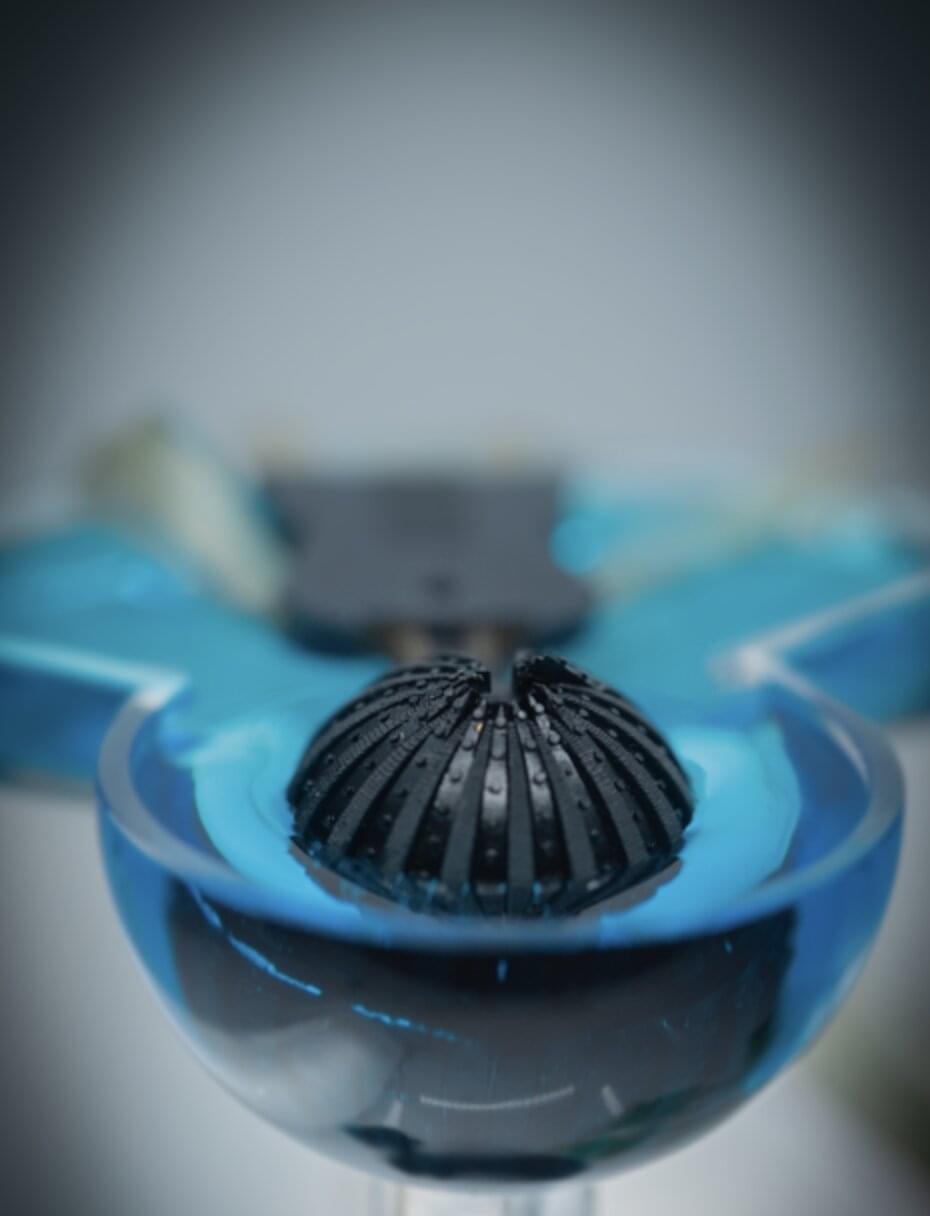To efficiently navigate real-world environments, robots typically analyze images collected by imaging devices that are integrated within their body. To enhance the performance of robots, engineers have thus been trying to develop different types of highly performing cameras, sensors and artificial vision systems.
Many artificial vision systems developed so far draw inspiration from the eyes of humans, animals, insects and fish. These systems have different features and characteristics, depending on the environment in which they are designed to operate in.
Most existing sensors and cameras are designed to work either in on the ground (i.e., in terrestrial environments) or in water (i.e., in aquatic environments). Bio-inspired artificial vision systems that can operate in both terrestrial and aquatic environments, on the other hand, remain scarce.
